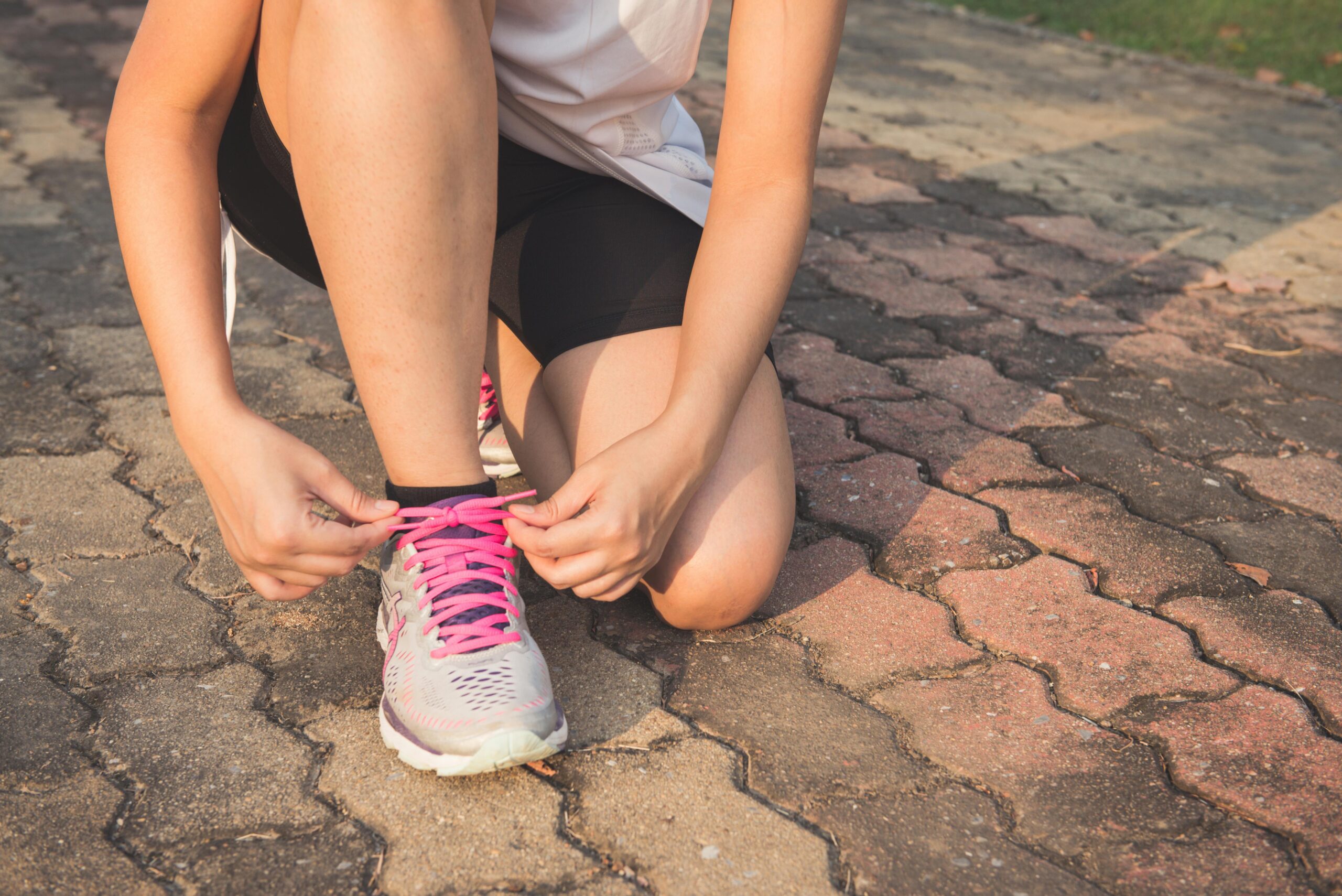Running Guidelines For Absolute Beginners
You went for your first run. So, what’s next? I’m sure this question pops up in the mind of any running newbie (like me). I was fortunate to get some very good advice that worked pretty well for me and I don’t want to keep it to myself. Therefore, I would like to share my running guidelines for absolute beginners.
Setting goals
As I mentioned in a previous post, running is hard! After your first couple of runs you will mostly want to give it all up, because there’s quite some pain in the begnning. That’s why it might be good idea to set up a goal for yourself that’s specific, measureable, attainable, relevant and (most importantly) time-bound. I know, this is quite a mouthful and it might be difficult to set such a goal. But let me share with you some tricks on how you can do it.
Start by searching the internet or asking friends about races in your area. Find a running event and register for it, but make sure it’s at least 1 month ahead of you, so that you have time to prepare for it. Also, make sure to register for the event with the lowest distance. Most such races usually have a 5k, a 10k and a halfmarathon. Obviously, register for the 5k race. And make sure you let your friends, family and work colleagues know that you registered.
By doing this, you’ll end up having a goal just like I proposed earlier.
It’s specific (a 5k running race), it’s measurable because you either complete it or not, it’s attainable because it’s certainly doable, it’s relevant because, hey, that’s what you want to do: run. Last but not least it’s also time bound as the race will ocurr on a certain date.
Training plan
If you set a goal for yourself, then you’ll also need a plan to achieve it. That’s the point where most runners do it wrong and a lot of them end up quitting. The natural thing to do is to look for some beginner training plan on the internet or on the running apps you are using. However, these plans are mostly wrong in my experience. Let me tell you why:
- They are often unrealistic. Those plan set out some exercises, distances and paces that you’ll perceive like nightmares.
- They are not always healthy! As a beginner you need to first understand your body and how it reacts to the new stress imposed by running. These plans usually don’t take this into considerations and runners end up getting injuries very early.
- They just put pressure on you. For most people this will be totally demotivating.
So, what can you do? I think in this early stage you are the best coach you can get. Just make sure you follow these running guidelines for absolute beginners and you’ll see amazing improvements from run to run:
- Firstly, concentrate on finding a running pace that you can sustain for a longer time. As a guideline, find the pace that you can sustain while you also talk to somebody. Initially, this pace might be very slow. But that’s okay! Your body needs to find a rhythm.
- Don’t run every day! Make sure to have at least 1 rest day between your runs
- Try to run 3-4 times a week.
- Have a “long run day” each week (for most people that’s usually on weekends) when you try to run a longer distance than on your previous runs. On all other days just run the distance that doesn’t stress you too much. Initially this could be just 2.5 km.
- Each week try to increase the distance of your runs (both short runs and long runs) by 10%. Obviously, try to listen to your body and if it doesn’t feel right to increase the distance, then don’t do it. Run the same distance as the week before
- After 4 weeks, try to do a 5k run as fast as you can, but using a pace that will allow you to complete the distance without walking
That’s pretty much it for your training plan! I’m not an expert, but this is what worked for me like a charm and I think there might be a good chance it will also work for you.
Running gear
Running is probably the least expensive sport you can practice. Still there are some things that might involve a certain cost when it comes to gear. But we can keep it really low budget. The most important piece of gear for your runns is a pair of running shoes. I really can’t stress this enough. First of all, it’s important for your health. Running in regular shoes might damage your calfs, shins, feet, ligaments and muscles.
However, good running shoes don’t need to be expensive. I’m literally going crazy when I see new runners getting discouraged because they can’t afford to spend 400$ on Hoka, Brooks or other running shoes. Your running shoes need to just have a solid base and good amortization. I got my first running shoes from a local sports store for about 40$.
Another useful gear for running is to get something where you can place your phone, keys and other small stuff while you run. In most shops you will find belts for this purpose or arm gear. Tough usually the arm gear is only for your phone. This is not a must, but it’s useful.
Last, but not least, you need a fitness tracker. For this one, the same thing applies as for the shoes. You really don’t need a Garmin Fennix for 1000$. You just need a smartwatch or fitness band that enables you to track your distance, pace and hear rate. You can get such devices for even under 100$.
In my case, I opted to spend a little bit more and bought a Garmin Venu 2. But there are some reasons why I thought it would be a good fit for me. The main reason was that I’m not only running. I also do cycling, brisk walks and hikes. I also want to start swimming soon enough and weight training. And I needed a device that could help me track all these type of activities.
Keeping motivation high
Motivation is one thing that can evaporate in a milisecond. Therefore, you need to make sure to have some mechanisms in place that will keep your motivation high. Here are some ideas that worked quite well for me.
The easies thing you can do is start posting your runs on social media. You might want to post for a smaller audience, like your close friends or family. On most social media networks you can create such smaller audiences and post only for them. I started to do this more as an accountability mechanism. But I was quite surprised to see all the support and encouragement I got from a lot of my friends and coworkers. That definitely keeps my motivation hight. It’s also a reason I started this blog.
There’s also a very cool Facebook community called “Slow AF Running Club“. It’s a community of runners just like your. Some of them just started running. Others already have a couple of years under their belt. But there are a lot of inspiring stories there that will inspire you and, ultimately, it will keep your motivation high. I don’t say you need to join this specific community, but it would be useful to find such communities that you can join or even local running clubs that you can join.
These are my running guidelines for absolute beginners. As said, they work very well for me and they might work very well for you as well. The important part is that you need to give a deeper thought about them, about yourself and what keeps you motivated. You can tailor them to you. The most important thing is to not put too much pressure on yourself and to not push too hard so that you get injured. Don’t burn stages by setting yourself goals that are not feasible. Start from small distance races and don’t jump directly into a 10k or halmarathon. Take it one step at a time!



Post Comment